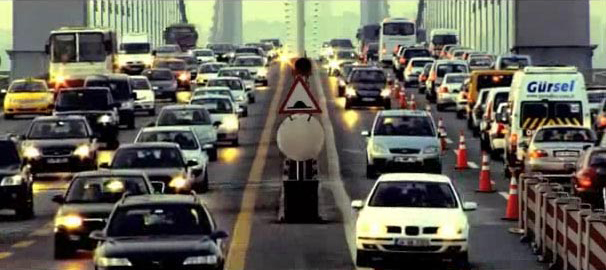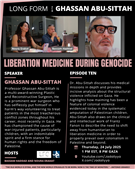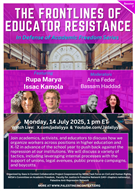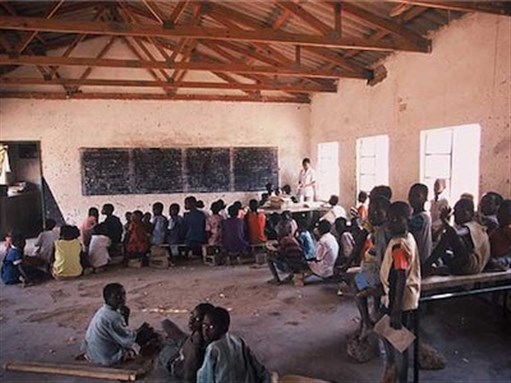Ecumenopolis: City Without Limits: Screening and Discussion with Imre Azem
Thursday, April 16 at 7pm
CUNY Graduate Center, Room 5414
365 5th Ave, New York, NY 10016
Ecumenopolis: City Without Limits (2013) tells the story of Istanbul on a neo-liberal course to destruction. It follows the story of a migrant family from the demolition of their neighborhood to their ongoing struggle for housing rights. The film takes a look at the city on a macro level and through the eyes of experts, going from the tops of mushrooming skyscrapers to the depths of the railway tunnel under the Bosphorous strait, from the historic neighborhoods in the south to the forests in the north. It’s an Istanbul going from fifteen million people to thirty million. It’s an Istanbul going from two million cars to eight million. It’s the Istanbul of the future that will soon engulf the entire region. It’s an Istanbul you have never seen before.
The screening will be followed by a discussion and Q&A with filmmaker Imre Azem and CUNY scholar Duygu Parmaksizoglu (Anthropology), and will be moderated by CUNY scholar Joshua Scannell (Sociology).
[Presented as part of the “The Right to the City Film Series,” co-sponsored by Sociology and Critical Psychology, the Center for the Humanities, the Center for Place, Culture and Politics, the Center for Urban Research, the Center for Human Environments, Earth and Environmental Sciences, and The Public Science Project, Graduate Center, CUNY.]

![[Still image from \"Ecumenopolis: City Without Limits\"]](https://kms.jadaliyya.com/Images/357x383xo/eco_new.jpg)
















